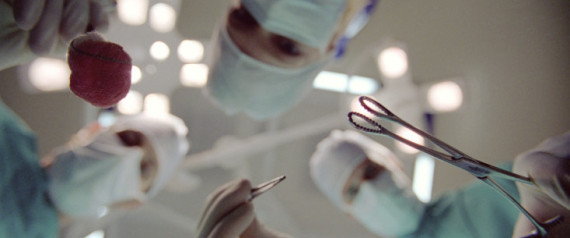 The lymphatic system, or lymph system as it is also called, is a system made up of glands, lymph nodes, the spleen, thymus gland and tonsils. It bathes our body’s cells and carries the body’s cellular sewage away from the tissues to the blood, where it can be filtered by two of the body’s main detoxification organs: the liver and kidneys. This sewage is made up of the byproducts of our bodily processes, over-the-counter and prescription drugs, illicit drugs, cigarette toxins, other airborne pollutants, food additives, pesticides and other toxins.
The lymphatic system, or lymph system as it is also called, is a system made up of glands, lymph nodes, the spleen, thymus gland and tonsils. It bathes our body’s cells and carries the body’s cellular sewage away from the tissues to the blood, where it can be filtered by two of the body’s main detoxification organs: the liver and kidneys. This sewage is made up of the byproducts of our bodily processes, over-the-counter and prescription drugs, illicit drugs, cigarette toxins, other airborne pollutants, food additives, pesticides and other toxins.The Fat Flush Plan author Ann Louise Gittleman, PhD, estimates that 80 percent of women have sluggish lymphatic systems and that getting them flowing smoothly is the key to easy weight loss and improved feelings of well-being.
If you are suffering from injuries, excess weight or cellulite, or pain disorders like arthritis, bursitis, headaches or others, a sluggish lymphatic system may be playing a role. Here are 11 ways you can get your lymph flowing smoothly.
1. Breathe deeply. Our bodies have three times more lymph fluid than blood, yet no organ to pump it. Your lymph system relies on the pumping action of deep breathing to help it transport toxins into the blood before they are detoxified by your liver. So breathe in that sweet smell of healing oxygen. Breathe out toxins.
2. Get moving. Exercise also ensures the lymph system flows properly. The best kind is rebounding on a mini trampoline, which can dramatically improve lymph flow, but stretching and aerobic exercise also work well.
3. Drink plenty of water. Without adequate water, lymph fluid cannot flow properly. To help ensure the water is readily absorbed by your cells, I frequently add some fresh lemon juice or oxygen or pH drops.
4. Forget the soda, trash the neon-colored sports drinks, and drop the fruit “juices” that are more sugar than fruit. These sugar-, color- and preservative-laden beverages add to the already overburdened workload your lymph system must handle.
5. Eat more raw fruit on an empty stomach. The enzymes and acids in fruit are powerful lymph cleansers. Eat them on an empty stomach for best digestion and maximum lymph-cleansing benefits. Most fruits are digested within 30 minutes or so and quickly help you feel better.











